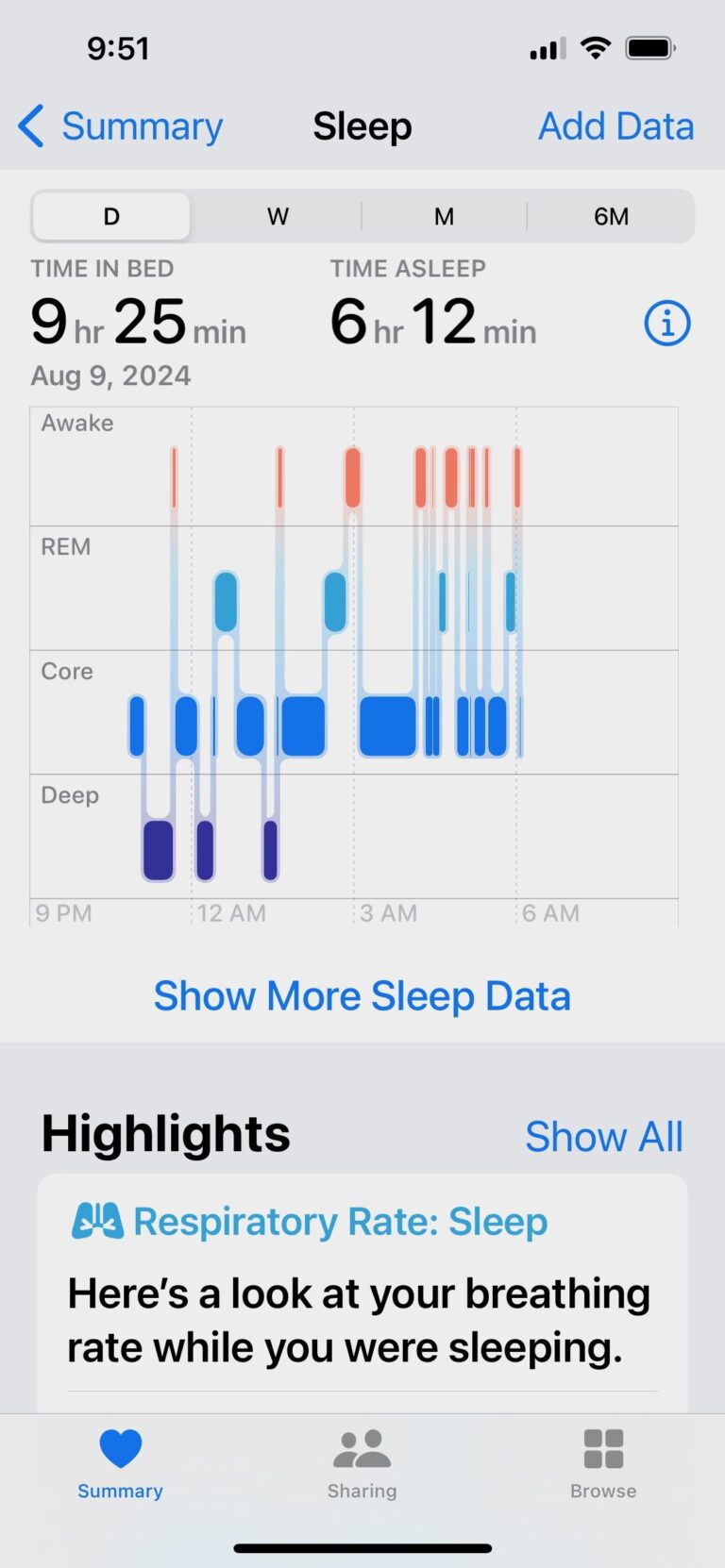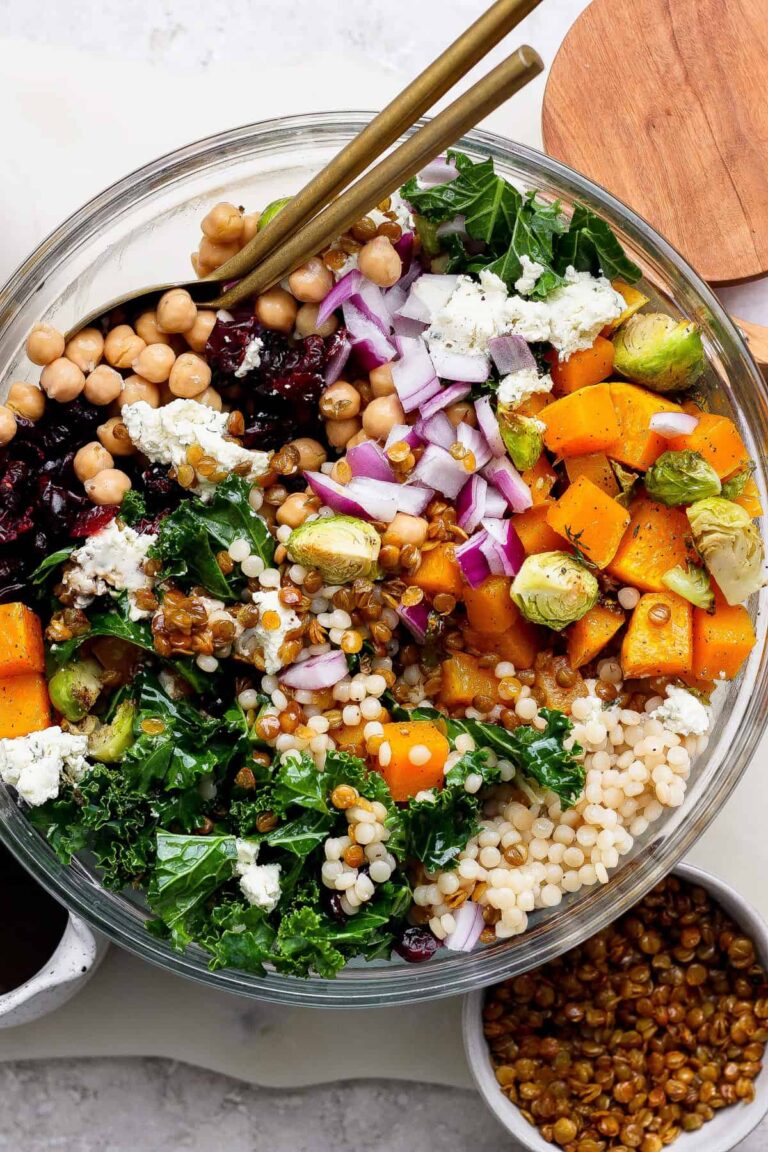If you have eczema, you know what it’s like – that frustrating struggle to catch some ZZZ’s.
The problem is at once physical and emotional. “When my eczema is flared, nighttime often fills me with anxiety,” says Nicola Johnston, a digital content creator who lives in Carlisle, England, near the border of Scotland. “I have experienced nights in so much pain that I cannot sleep, and I’ve scratched so hard that my sheets were covered in blood. This is why I’ve worked to establish a good evening routine that will allow me to have a comfortable night’s sleep and get the rest that my body needs.”
But that rest can be elusive when you’re tormented by “itching, flaky skin, raised red rashes, cuts, skin tightness,” the symptoms listed by Elise Loubatieres, a London-based editor and beauty influencer. In many patients, eczema is itchiest at night, sometimes due to a lack of time for self-care earlier in the day. Natalie Findley, a holistic chef from Whistler, British Columbia, has had a similar experience. “Nighttime flare-ups taught me that something wasn’t working,” she says. “Not getting enough sleep was not doing me any good.”
If you want to turn down eczema flare-ups, finding out what works best for you calls for trial and error. But it also helps to get advice from people who understand firsthand what you’re going through. Here, three women who’ve been there offer tips on how to prepare for bed, get as comfy as possible, deal with symptoms, and reset your emotions in the morning.
When it comes to preparing for bed, Findley favors consistency. “I try to keep my routine the same each night,” she says. Before doing anything, she sets “an intention to sleep better.” From there, Findley likes “to cleanse and moisturize my skin, drink some herbal tea, do some journaling, read, express gratitude, and then I am in bed by 10 p.m.”
An equally firm believer in the step-by-step approach, Johnston focuses first and foremost on comfort. “I start my bedtime routine by having a lukewarm bath to soothe my skin, if my skin is feeling particularly flared,” she says. “I then apply an emollient-based product that is going to lock in moisture and be slowly absorbed through the night. I put on lightweight satin nightwear that keeps me cool. In making up my bed, I personally prefer a silk pillow, as this is gentler on my facial eczema and doesn’t absorb any product I apply to my face like a cotton material would.”
Loubatieres scrupulously preps her skin and takes medication to prevent symptoms later. “I have been prescribed antihistamines to help with the itching,” she explains. “I also make sure that I apply emollients to my skin liberally and frequently in the hour leading up to bedtime.”
To Findley, the choice of bedding fabric is less important than the way it’s washed. “I don’t use any particular kind of sheets to relieve my eczema, but I use natural and clean laundry detergents.” she says. “Even though many regular products claim to be clean, they use a lot of harmful chemicals and ingredients in detergents that aggravate eczema and your overall health. I use detergents that are hypoallergenic and without any fragrances. My favorite laundry detergent is Tru Earth.” Her bedside companion is also natural and gentle: “If I need some relief, I always use calendula and comfrey-based salve, with some shea butter, to calm the itchiness and dry skin.”
Johnston has an unusual trick for dealing with one of eczema’s side effects – a trick that involves a trip to the nail salon. “A great tip I have found is having acrylic gel manicures,” she notes. “It means that your nail itself becomes thicker and doesn’t break your skin when you’re scratching in the night. This has been a great help with healing my eczema.”
Aware that overheating can bring on eczema, Loubatieres takes a proactive approach. “I try to stay cool using a stand-alone fan, and I also use a handheld fan to pinpoint itchy areas for some relief,” she says. “I ensure that my sheets and sleepwear are either 100% cotton or silk to reduce irritation. I also have eczema gloves and Cosi Care [aka “safe scratchers”], which are itching tools that allow you to satisfy an itch without causing damage.”
Whenever she begins to feel itchy, Findley does simple breathing exercises to calm her body. “I close my eyes, breathe in slowly and count to five, and hold for 2 seconds, then breathe out slowly and count to seven. Or I will just breathe in slowly until my chest and belly are full with air, hold for a few seconds, and breathe out slowly all the way. I repeat this multiple times until I’m relaxed. I also imagine myself sinking into my pillow as I breathe out, and it relaxes me and my muscles until I finally fall asleep.”
Johnston tries to nap during the day whenever possible. That way, in the event of a nighttime flare-up, she’s not completely exhausted the next day, And the extra rest is also calming. “By keeping my daytime stress levels to a minimum,” she says, flare-ups become less likely.
As Loubatieres sees it, you’ve lost the battle when you give in to the urge to itch. “At night I tend to get what I call ‘scratch attacks,’ where I uncontrollably and incessantly scratch despite breaking skin and causing myself pain,” she says. “It feels very satisfying in the moment and provides relief from that bone-deep itching sensation. But I try to get up and distract myself in some way. If I stay in bed and don’t keep my hands busy, I’m more likely to indulge in a scratch.” Indeed, taking up a hobby – drawing, knitting, playing guitar, anything that involves using your hands – can be an ideal diversion between a flare-up and the welcome moment when you feel really sleepy.
In the light of day, after successfully dealing with her nighttime flare-ups, Findley developed a fresh philosophy. “I made it a habit to clean up my diet and reduce stress and anxiety with meditation, journaling, and sleep hygiene. To treat the root cause of my issue, I switched to a plant-based diet. I also cut out dairy, as it’s pretty inflammatory. … I drink a lot of water each day. Now my eczema has cleared up! I find that fueling your body with the proper nutrients will support your immune system, therefore improving your eczema.”
Johnston emphasizes the importance of knowing your true self. “Often, it feels like you are your eczema, like it’s a defining characteristic,” she says. “It’s important to learn that your value comes from you and not your skin. I also learned to be kind to my skin. Not looking at it with hatred and resentment, but to see my eczema as a friend that was telling me there is an imbalance somewhere that I need to put right. It’s really important to listen to your body and notice your triggers.”
Whatever strategies you adopt, Loubatieres says, you should treat yourself with compassion. “After a scratch attack, I personally get a huge amount of guilt,” she admits. “I think I’ve caused my skin a lot of harm. However, I have to remind myself that it’s a condition that I cannot control. Skin eventually heals.” Her best advice for getting a good night’s sleep: “Don’t be so hard on yourself.”





